The Benefits of the UK’s Latest Heat Pump Installation Rules for Homeowners
New 2025 rules make installing heat pumps easier for homes and businesses.

.jpg)

Navigating the world of renewable energy has just become easier with the UK government's recent updates to planning regulations for heat pumps, effective from 29th May 2025.
This blog will delve into these regulatory adjustments, providing energy sector professionals and environmentally conscious consumers with the essential insights needed to maximise the benefits of modern heat pump technology.
Simplified Planning Regulations
Recent updates to planning regulations have significantly simplified the installation process for heat pumps in the UK. These changes particularly benefit air source heat pumps and ground source heat pumps, with fewer restrictions in place.
Homeowners and businesses can install heat pumps more easily, and many installations no longer require planning permission. This makes them more accessible for those looking to enhance heat pump efficiency and adopt renewable energy solutions.
The updates also allow for greater flexibility in terms of unit size and placement, streamlining the overall process.
Changes for Air Source Heat Pumps

- The previous restriction requiring air source heat pumps to be installed at least one metre from the property boundary has been removed, allowing greater flexibility in system placement.
- The allowable size for outdoor compressor units has increased from 0.6 cubic metres to 1.5 cubic metres, enabling more efficient units.
- Homeowners can now install up to two air source heat pumps on a detached house without needing planning permission, simplifying the installation process.
- Air-to-air heat pumps, which provide both heating and cooling, are now included under permitted development rights, encouraging the adoption of versatile systems for year-round heat pump efficiency.
These updates help heat pump contractors advise clients on optimal solutions for their homes.
Updates for Ground Source Heat Pumps

- Ground source heat pumps remain classified as permitted development for most domestic properties, meaning homeowners can install these systems without specific planning permission under normal circumstances.
- The total excavation area for ground works must not exceed 0.5 hectares, ensuring that the installation process is environmentally sensitive and minimally invasive.
- For installations planned after 1st October 2023, a permit from the Environment Agency may be required, necessitating careful planning to ensure compliance.
Meeting these requirements is crucial for heat pump efficiency and the longevity of the installation.
Installation Considerations
While the planning regulations have eased, important considerations remain for specific scenarios. These include installing heat pumps on listed buildings and within conservation areas and ensuring compliance with noise regulations. These aspects require careful attention to maintain regulatory compliance and neighbourly harmony.
Listed Buildings and Conservation Areas
Planning permission is still required for heat pump installations on properties listed or located within conservation areas. This requirement preserves the historic and architectural significance of these sites. Understanding the nuances of these regulations is essential for successful installation.
- Assess the property's status: Before installation, confirm whether the building is listed or in a conservation area.
- Consult with local authorities: Engage with planning officers to understand specific requirements and obtain necessary permissions.
- Choose appropriate technology: Select heat pump systems that align with preservation guidelines to minimise visual and structural impact.
The preservation of historical integrity must be balanced with the need for modern energy solutions.
Compliance with Noise Regulations
Both air source heat pumps and ground source heat pumps must comply with noise regulations to minimise the impact on neighbours. Noise level assessments are crucial to ensure installations adhere to accepted standards. Here’s how to manage compliance:
- Conduct a noise assessment: Evaluate the potential noise output of the heat pump system concerning the property’s surroundings.
- Select low-noise models: Opt for heat pumps that operate quietly, reducing potential disturbances.
- Professional installation: Ensure that units are installed correctly to minimise noise transmission.
Proactively addressing noise concerns is essential to maintaining good neighbour relations and avoiding potential regulatory issues. Compliance enhances community acceptance and optimises the long-term success of heat pump installation efforts.
For expert advice and assistance on your heat pump installation, Voltari is here to help. Contact us today to ensure your installation meets all the latest regulations and is completed to the highest standards.
Contact Us
For more information about any of our services, to talk through your requirements or to get a quote, get in touch - we'd love to hear from you!
.jpg)




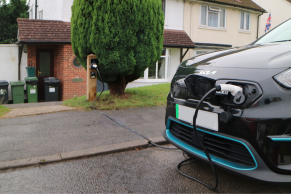









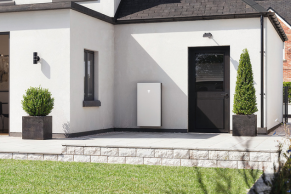

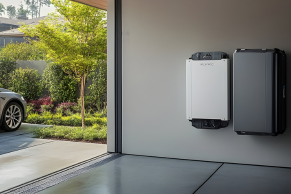
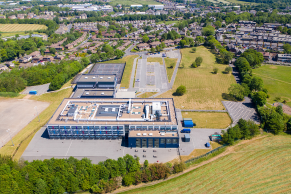
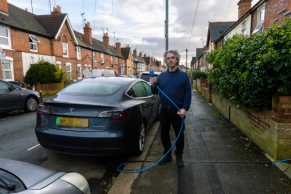
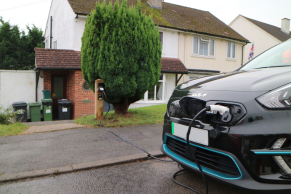
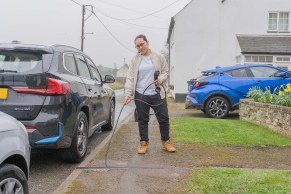
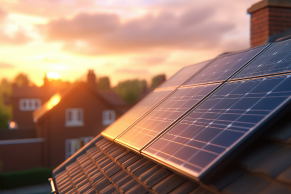
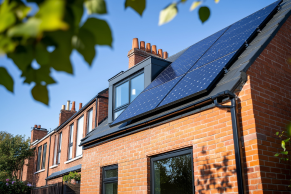







































%20(1)%20(1)%20(1)%20(1)%20(1)%20(1)%20(1)%20(1)%20(1)%20(1).png)
